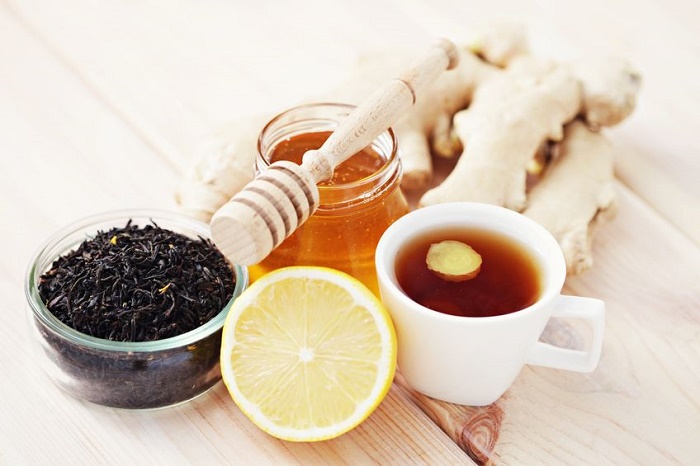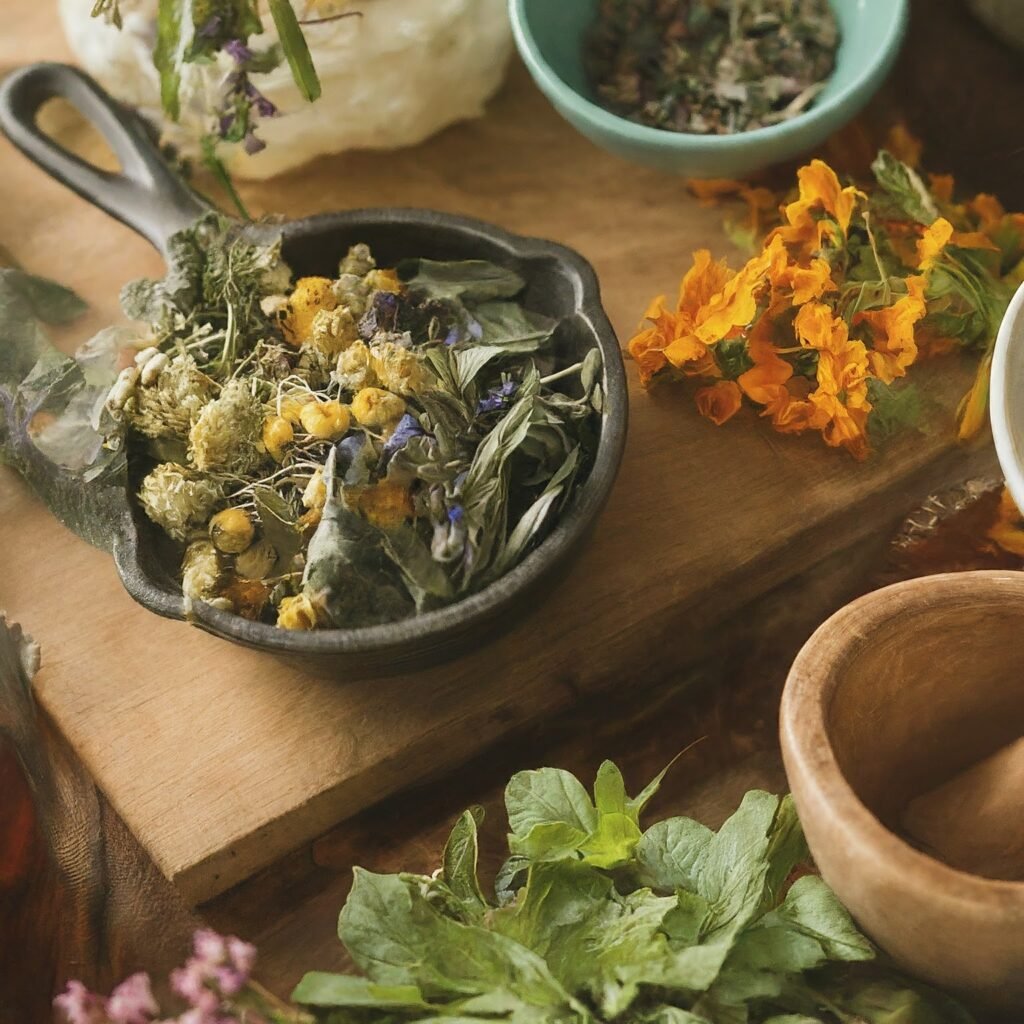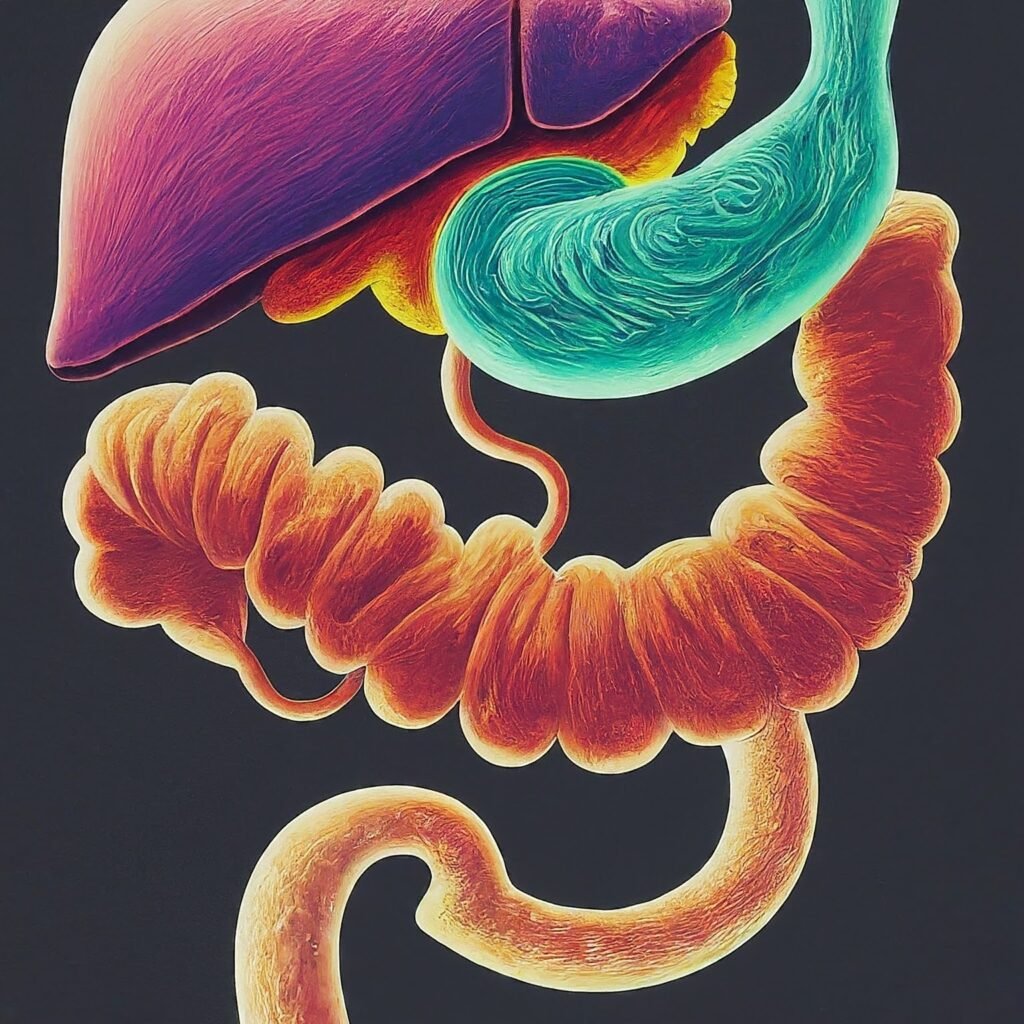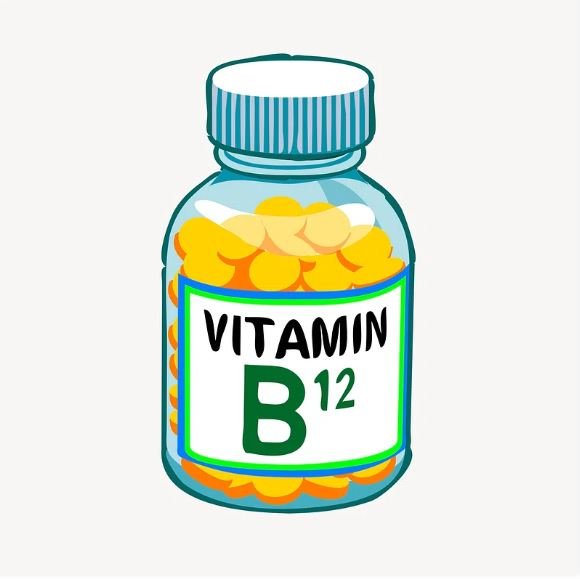How to remove phlegm using home remedies

Phlegm (also known as mucus) occurs as a result of colds or other respiratory infections. Treating phlegm can be incredibly frustrating and can seem like a seemingly endless task. If you are looking for relief from phlegm build-up in your throat and nose, then try some of these treatment methods.
Table of Contents
How to remove phlegm using home remedies?
1. Let it out.
Although it can be loud, rude, or embarrassing, letting the phlegm out of your body is the best way to eliminate it. When you feel an urge to sneeze phlegm or blow your nose, don’t ignore it. Swallowing phlegm can reintroduce it into your system, and holding phlegm in a stuffy or runny nose is just plain uncomfortable. It is best to have a box of tissues handy and let the phlegm out.
2. Stay hydrated.
As with any other disease, staying hydrated is essential to heal fast. Help your body clear phlegm by drinking water every hour throughout the day. If you wish, you can also supplement your fluid intake with juice or tea.
3. Evaporates phlegm.
The steam helps break up the phlegm in your chest, nose, and throat, allowing it to be expelled from your body more easily. Boil a pot of water and mix in a couple of drops of eucalyptus oil. Place your face near the container and breathe in the steam for several minutes. Additionally, you can take a hot shower to help break up the phlegm.
4. Gargle.
Mix a tablespoon of salt with a cup of cold water, and gargle with the mixture for 30 seconds. Doing this several times a day will help you clear the trapped phlegm in the back of your throat and in your nostrils.
5. Drink herbal tea.
Hot tea is a general aid to soothe a sore throat and induce relaxation; brew a cup of your favorite herbal tea with a little honey and drink it slowly. The heat helps break up the phlegm in your throat as it relaxes the irritated esophagus thanks to the effect of the honey and water. Ginger, chamomile, or lemon tea is especially good for removing phlegm.
6. Use honey and lemon.
Mix about 2 teaspoons of lemon juice with one teaspoon of honey in a cup of boiled water. This mixture should help you clear your throat, as the lemon juice cuts through the phlegm while the honey soothes the throat.
7. Try menthol or eucalyptus cough drops.
Between natural remedy and over-the-counter medication, these eucalyptus drops are good for loosening phlegm in the throat and lungs.
8. Try eating turmeric.
The turmeric serves natural antiseptic to kill bacteria that your body fights with phlegm production. Mix a little turmeric in whatever drink you are drinking, or drink it with a glass of water. A couple of teaspoons a day of the mixture should be enough to clear phlegm quickly.
9. Eat more ginger.
The ginger has been used for centuries to treat the symptoms of colds and sinusitis due to its natural antibacterial properties. If you can handle the taste, eat the ginger raw or you can also have the ginger with a little sweet. You can also grate fresh ginger and place it in boiling water to create a tea that will be twice as effective in clearing phlegm from your throat.
10. Eat garlic.
Similar to ginger, garlic is incredibly powerful and works to kill bacteria and clear phlegm from the throat. Eat several raw garlic cloves a day, and grate it on top of the food you eat as well. If you are able, eating the garlic immediately after waking up helps clear the phlegm before it has time to truly start flowing.
11. Try natural herbs.
Eating some herbs like licorice, fenugreek, and chickweed, helps clear the phlegm from the throat. Add them to your food, or (if you can handle the taste) eat them raw or boiled in water to create a tea.
12. Use a nasal rinse.
Buy a saline nasal rinse at your drugstore or try the old-fashioned with a neti pot. Flushing with clean water and a saline solution through the sinuses clears the phlegm in the nose and at the back of the throat.
13. Eat spicy foods.
The spicy foods break phlegm in the nose and cause it to move more freely. Help your body break up all the phlegm by eating as many spicy foods as possible. These include chili peppers, horseradish, and wasabi.
14. Use a humidifier.
Increasing the level of humidity in the air makes the phlegm weaker making it easier to fight. Have an active humidifier at all times when you are home, especially at night while you sleep. Add eucalyptus essential oil to the water for a more powerful phlegm-fighting effect.
15. Hum.
This is what many singers do to regain their voice. By humming, you may be able to create vibrations that are strong enough to break up the phlegm.
Avoid these foods.
If you can remove some or all of the foods listed below, you are preventing phlegm from forming or becoming difficult to cough up.
1. Do not consume dairy products.
All dairy products have a particular protein that freezes and creates more phlegm in your body. To avoid creating unnecessary phlegm, do not eat any dairy products such as milk, cheese, yogurt, or ice cream.
2. Avoid fried foods.
Very fatty fried foods make phlegm hard to break down, preventing the body from recovering quickly. To avoid this, do not eat anything fried or cooked in heavy oil.
3. Try not to eat meat.
Meat is linked to phlegm production, so consuming it during a cold is not the best option. Aside from the fact that you won’t be able to taste the true taste of meat with a stuffy nose, meat can make your nose feel worse. Better safe than sorry, so avoid eating a lot of meat if you suffer from a lot of phlegm.
4. Don’t smoke.
Anything you inhale affects your body, and inhaling harmful things like cigarette smoke, cigarette smoke, or other drugs can dramatically worsen the condition of your throat and lungs. The smoke from these things interferes with your body’s ability to heal quickly, as well as greatly increasing the amount of phlegm your body produces. Cut back on tobacco use at least for the duration of the illness.
5. Limit your exposure to irritants.
Household cleaning products, enamels, paint fumes, and other types of chemicals worsen respiratory conditions and increase phlegm levels. Keep your perks open to allow fresh air into your home, keep irritants isolated while you’re sick, and avoid places (like bars or paint stores) where these things are likely to be.
Tips.
Try not to blow your nose too much, especially on one side. The force can push the phlegm much further into the sinuses and ears, causing headaches and ear pain. If you must blow your nose, do it gently and in both nostrils.
If the phlegm in your throat becomes too thick to the point where you cannot breathe or swallow food, drink water immediately as a temporary treatment and then blow your nose and hum for 2 minutes. If you can’t breathe easy and the phlegm keeps building up, then you should see a doctor immediately.


